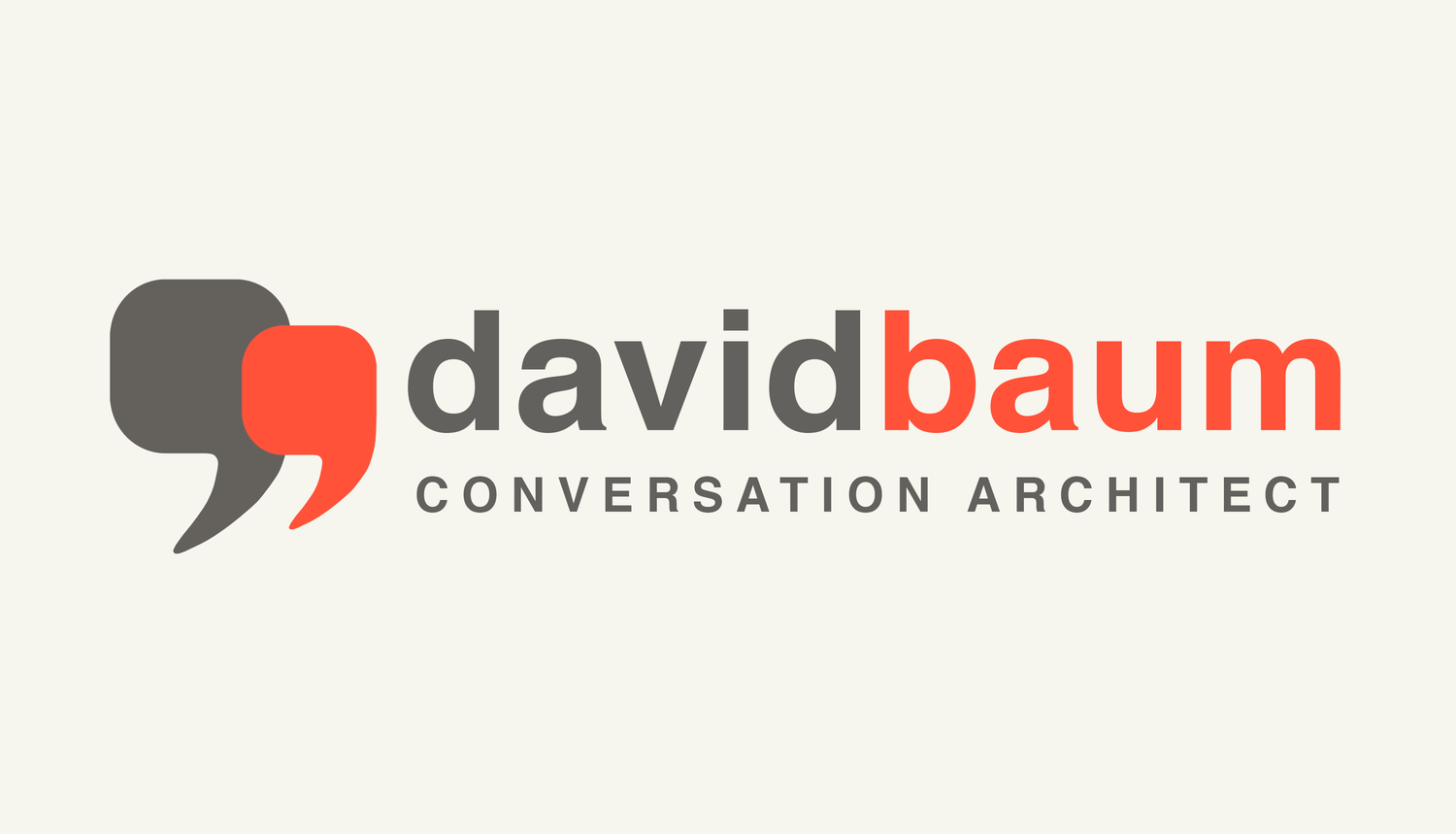The Benefits in Not Changing
(image via Unsplash.com)
There's a joke my grandmother used to tell. "In the old country, we had a cousin who thought he was a chicken. He acted like a chicken in every way, clucking, crowing, scratching. We would have taken him to a psychiatrist to be cured . . . but we needed the eggs!"
Often when individuals refuse to change, the reason is that they derive benefits from not changing. Even if the benefit is small--like the comfort of facing a known situation rather than an unknown one--there is a value. If none existed, we'd change immediately!
Years ago as a graduate student, I had a client in counseling who weighed 390 pounds. John had been on every diet known to man--Pritikin, Weight Watchers, Jenny Craig, Nutra Systems, OptiFast, Bahamian Diet--you name it, he'd tried it. On every diet, he would lose between thirty and fifty pounds, and then, with uncanny predictability, bounce back to his previous weight.
A part of every program was for John to receive counseling on the benefits of weight loss. He knew them all: health, longevity, self-esteem--he could list the benefits at the drop of a hat. What his counselors never explored was the benefits John derived from not changing his behavior--from weighing 390 pounds! But until we did so, he was doomed to stay on the perpetual weight loss roller-coaster.
What, you may be thinking, could possibly be the benefits in weighing 390 pounds? The answer was very interesting. First, there were the work expectations. They were low. While everyone else at his company was on overdrive, John was on cruise control. The typical comment from John’s supervisors and colleagues was, "John's got enough trouble in his life, he doesn't need any more." So the company colluded with John's poor work ethic by protecting him, and he was subtly rewarded at work for his weight problem.
The second benefit was John's sex life, or lack thereof. Whenever he was bold enough to pursue an attraction into an attempt at a relationship, he would inevitably get turned down. Then he would say to himself, "She's not rejecting me, she's rejecting my weight!" This comforting excuse for his romantic failure became a very powerful defense against John's intimacy fears.
Finally, came the kicker. One great universal truth in life is this: if you're not getting any respect in your job, and no love in your personal life, who is the one and only person you can turn to, no matter what? It's the same person the world over: your mother!
In John’s case, Mama was from Italy, stood five foot two, dressed in perpetual black (her husband had died eighteen years earlier and she was in mourning), and wore orthopedic shoes. As family custom dictated, John would visit Mama once a week, every Sunday. She would open her door, stare him in the eye, and say, "Gianni, you're looking thin!" Then she would feed him with three meat courses, two soups, four fish courses, three kinds of pasta, two desserts, and four kinds of bread. Would she cook enough for two? Of course not! She'd cook enough for twenty. And the leftovers? She'd send John home at the end of the day with two huge shopping bags filled with food. John would then spend the rest of the week literally filling himself up on all the love and personal support he was getting nowhere else in his life.
John and I spent days talking through these realities behind his weight problem. When he realized the benefits he was getting from his size, the pounds rolled off him like water. In two years, John got down to 185 pounds. He looked fabulous. The crowning moment came when he turned all his old suits over to a used clothing store for large men. As he was leaving the store, he passed someone of his former weight. It was, John said, "As if I was passing my former life." He never would have been able to change his food behavior had he not come to understand the complex dynamics of not changing.
Most change efforts in organizations are focused on the benefits to change. Rarely is any attention paid to the benefits individuals or organizations get from not changing. But if one does not change despite the clear benefits, the reason is obvious. At an underlying level, there are bigger benefits to not changing.
For the leader, this implies two actions. First, spend time working with key individuals to understand the full dynamics of the change effort. Don't shy away from the difficult question of the value in not changing. You may be afraid to ask about it because you think that raising the issue will reinforce the resistance. It's not true. Just because you don't ask doesn't mean your employees don't have strong feelings. The silence just prevents you from understanding the issues and reacting accordingly.
Second, you need to help your employees understand that not to change will be, in the long run, more painful than to change. Often the deepest fear is of job loss. Yet, in a sense, this is not a real issue. During most large-scale organizational changes, every employee has already lost his old job. The only question is: What will the new job look like? This must be answered honestly and directly.
I love what scientist Stephen Hawking says: "The one question you can never ask is, 'Do I want to change?' You can only ask, 'To what will I change and how will I do it?'" Said another way by Don Marquis, "Ours is a world where people don't know what they want and are willing to go through hell to get it."
From my book:
Lightning in a Bottle: Proven Lessons for Leading Change
Dearborn Trade © 2000

